12 Tourist-Unfriendly Cities Around The World + 5 I Regret Visiting
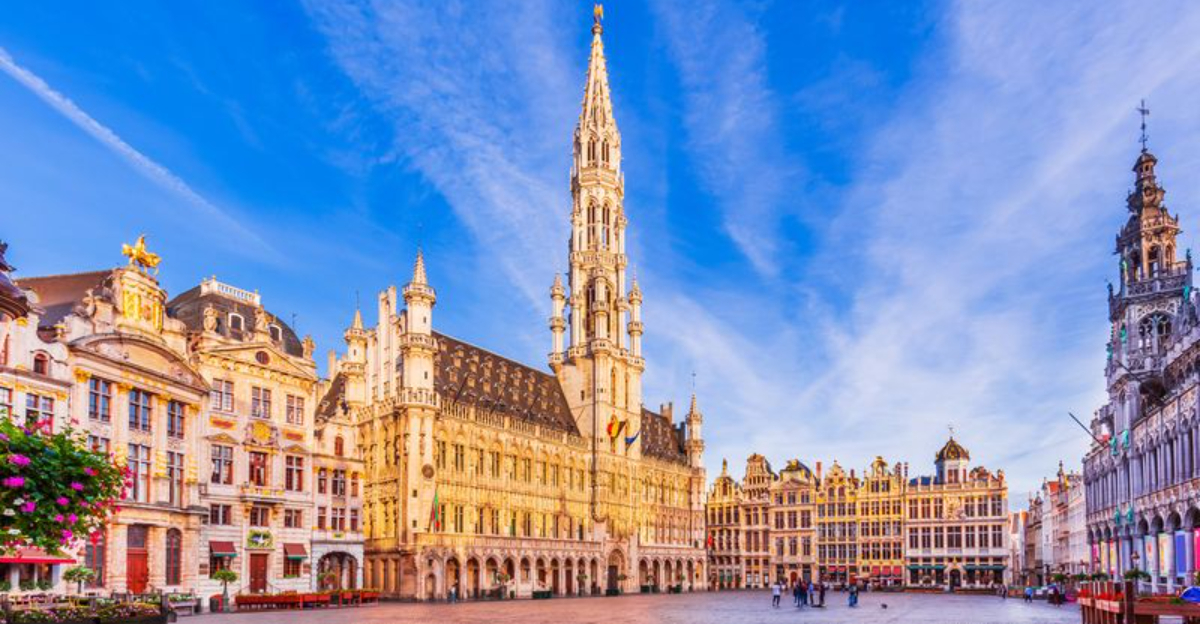
Travel can be the most rewarding way to connect with the world—but let’s be honest, not every destination greets you with a smile. Sometimes, instead of friendly locals and helpful signs, you’re met with indifference, confusing customs, or even an unspoken “why are you here?” vibe.
Over the years, I’ve wandered through cities that completely stole my heart—and a few that made me count the hours until my flight home. Whether it was being overcharged, getting the cold shoulder, or just feeling like I didn’t belong, these places taught me that not all travel memories are made of sunshine and gelato.
Curious which cities have reputations for being a bit frosty toward visitors? Or wondering where I personally wouldn’t return, even for free? Let’s dive in—just don’t be surprised if your bucket list shifts by the end.
1. Paris Cold Stares
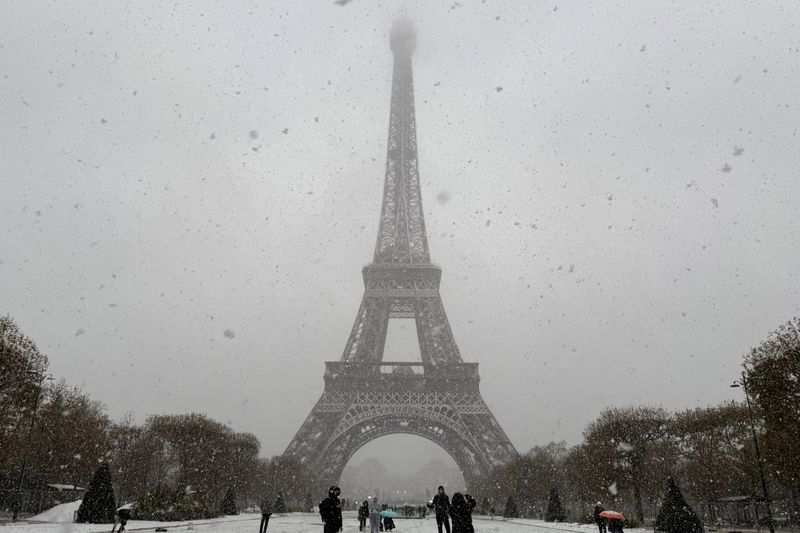
Parisians have mastered the art of making tourists feel like uninvited dinner guests. Walking into shops often triggers immediate sighs when my broken French reveals I’m American. The waiters don’t hide their impatience, rolling their eyes when you can’t pronounce menu items correctly.
The locals seem perpetually annoyed by camera-wielding visitors crowding their beautiful streets. I once asked for directions and received such a withering look that I felt like disappearing into the pavement.
Despite its reputation as the City of Love, Paris can feel decidedly unloving to foreigners. The beauty of the architecture and art collections makes it worth enduring the frosty reception, but prepare your ego for a bruising.
2. Cairo Constant Hassling (Regret Visiting)
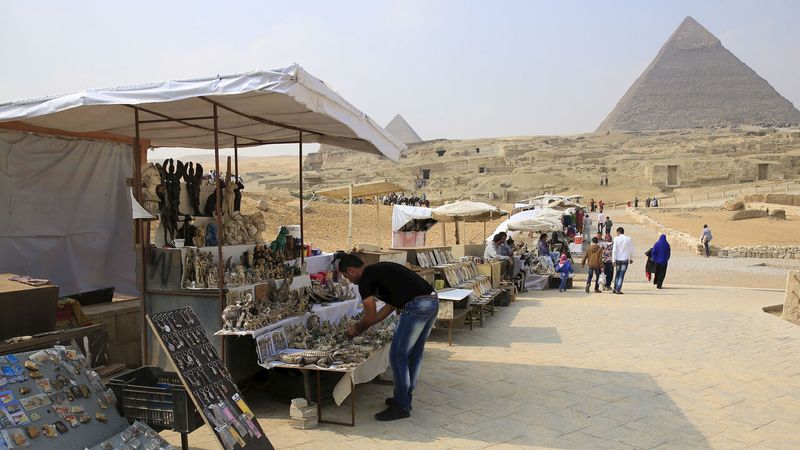
My experience in Cairo was a non-stop barrage of aggressive sales tactics. From the moment I left my hotel, vendors swarmed me, following for blocks despite firm rejections. Taxi drivers routinely quadrupled fares for tourists, arguing heatedly when challenged.
The scams were relentless – friendly locals offering help would suddenly demand payment, claiming to be unofficial guides. Women travelers face additional harassment, making solo exploration nearly impossible without constant interruptions.
Though the pyramids are truly magnificent, the exhausting mental toll of constant vigilance ruined my visit. I never found a moment to simply absorb the ancient wonders without someone trying to sell me something or trick me out of money.
3. Moscow Unspoken Rules
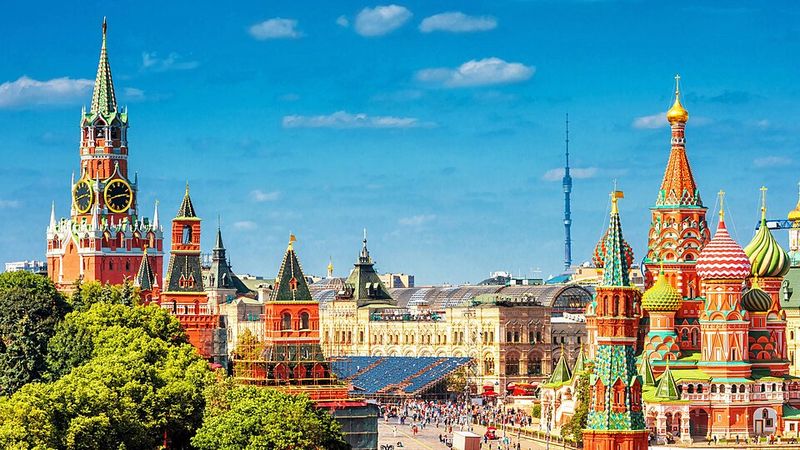
Moscow operates on a complex system of unwritten social codes that foreigners inevitably violate. Smiling at strangers marks you as suspicious or simple-minded rather than friendly. I learned this the hard way when my cheerful greetings were met with suspicious glares.
The language barrier proves especially difficult since English signage is minimal and locals rarely accommodate non-Russian speakers. Attempting to navigate the metro becomes an exercise in frustration and guesswork.
Security guards and police frequently stop tourists for document checks, sometimes resulting in uncomfortable interrogations. While the Red Square and historic architecture are breathtaking, the constant feeling of doing something wrong creates an undercurrent of anxiety throughout your visit.
4. New Delhi Overwhelming Chaos (Regret Visiting)
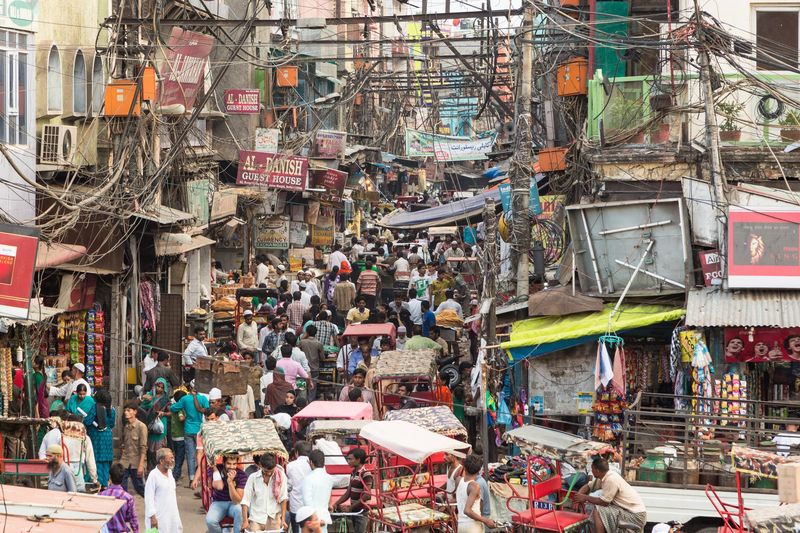
New Delhi’s sensory overload hit me like a physical force. The crushing crowds make personal space non-existent, with constant touching and pushing that feels invasive to Western sensibilities. Extreme poverty exists alongside luxury, creating moral dilemmas with every interaction.
Breathing becomes a conscious effort through the thick pollution. My eyes burned constantly, and the noise never stopped – honking horns, shouting vendors, and temple loudspeakers create a 24-hour cacophony.
Female travelers face relentless staring and unwanted attention that crosses into harassment territory. Despite India’s rich culture and history, Delhi’s intensity proved too much. I cut my trip short after developing respiratory issues and emotional exhaustion from the constant vigilance required.
5. Beijing Language Barrier
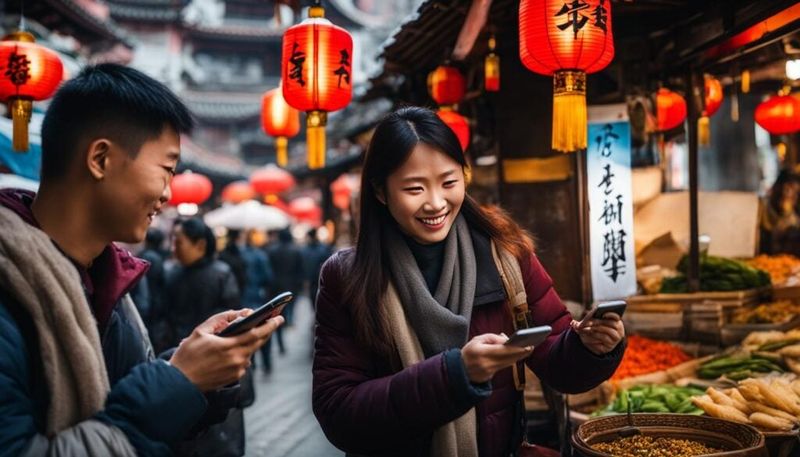
Beijing’s communication challenges extend far beyond simple misunderstandings. English signage exists in tourist areas but vanishes once you venture into authentic neighborhoods where the real culture thrives. My attempts at basic Mandarin were met with confused looks rather than appreciation for trying.
Digital communication saves some situations, but China’s internet restrictions block familiar translation apps. I once spent 45 minutes trying to order food by pointing and mimicking, only to receive something completely unexpected.
Taxi drivers frequently refuse foreign passengers, driving away once they realize you can’t communicate in Mandarin. While Beijing offers incredible historical treasures, the constant struggle to express basic needs creates a persistent undercurrent of frustration that colors the entire experience.
6. Rome Tourist Burnout
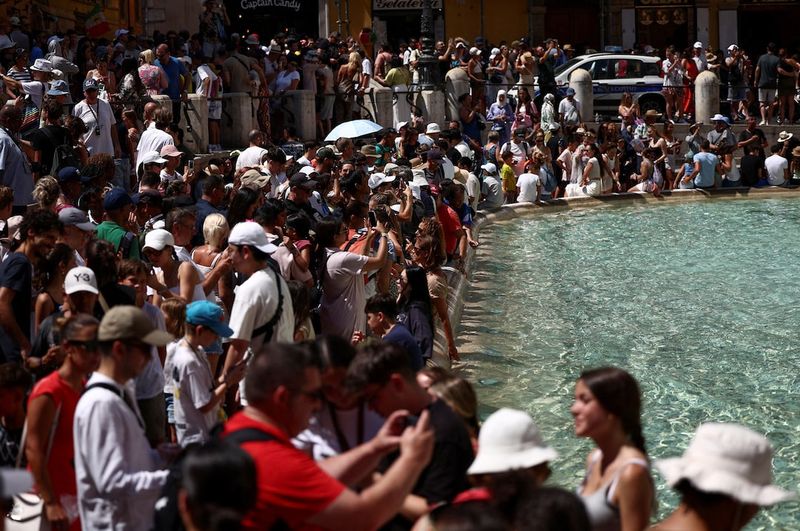
Romans have developed a palpable resentment toward the endless tourist hordes trampling their ancient city. Restaurant servers visibly deflate when they hear English, often relegating non-Italians to the worst tables. The quality of food and service in tourist areas has deteriorated into expensive mediocrity.
Local residents purposely bump into photo-taking tourists blocking sidewalks without apology. I witnessed numerous heated exchanges between frustrated Romans and oblivious visitors.
The city’s famous sites are now so overcrowded that authentic experiences feel impossible. Attempting the Trevi Fountain ritual of tossing a coin means elbowing through selfie sticks and tour groups. Rome’s beauty remains undeniable, but the growing hostility between locals and visitors creates an uncomfortable atmosphere of mutual resentment.
7. Frankfurt Distant Energy
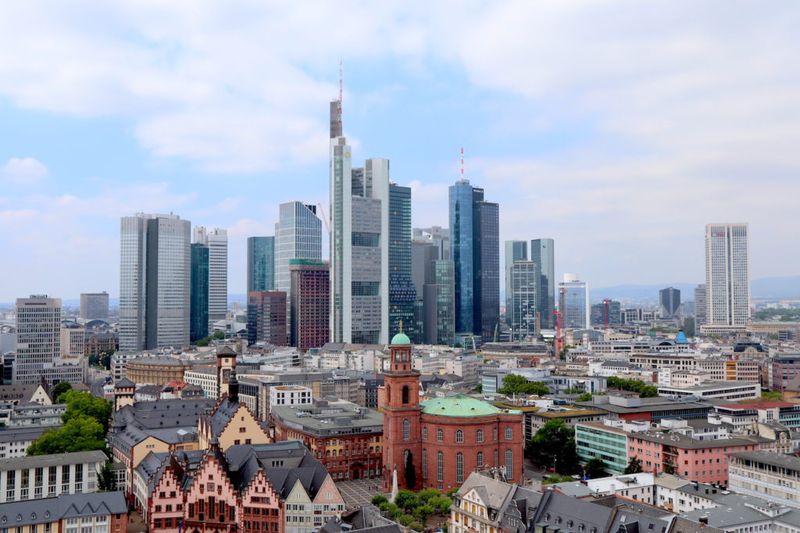
Frankfurt’s businesslike atmosphere creates a chilly reception for leisure travelers. The city’s residents move with purposeful efficiency, viewing tourists as obstacles in their path rather than welcome visitors. Attempting small talk with locals typically results in brief, transactional responses.
Service industry workers maintain professional but emotionally detached interactions. I asked a hotel concierge for restaurant recommendations and received a printed list without commentary or warmth.
Public spaces lack the vibrant energy found in more tourist-embracing cities. The museums and historical sites are impressively maintained but feel sterile compared to Germany’s more welcoming destinations. Frankfurt serves its purpose as a business hub efficiently, but travelers seeking connection or hospitality might leave feeling like unwelcome interlopers in a city with more important matters at hand.
8. Naples Unpredictable Streets
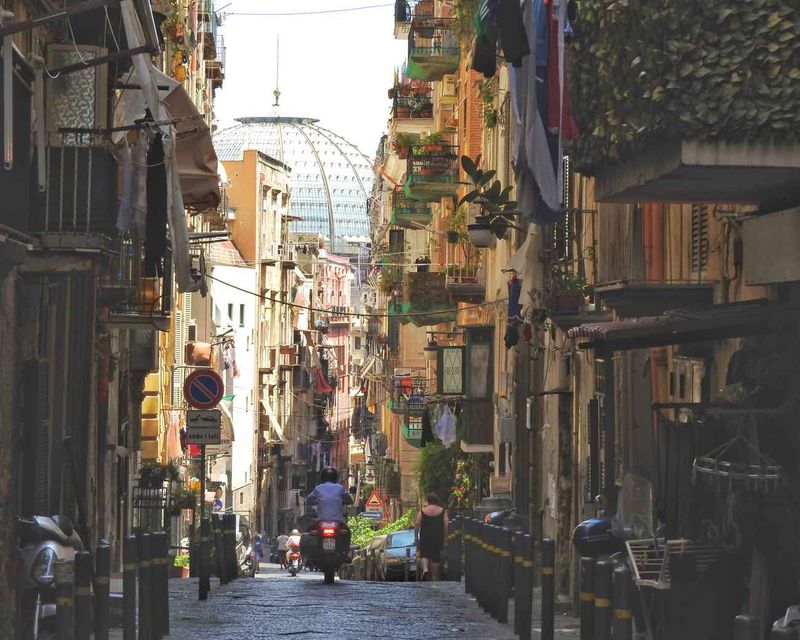
Naples’ chaotic energy creates an environment where tourists constantly feel on edge. Motorbikes zoom past on narrow sidewalks without warning, forcing pedestrians to flatten against buildings. The driving culture operates on invisible rules that visitors can’t decipher, making street crossings feel like life-threatening adventures.
Pickpocketing happens with such frequency that locals casually warn you while pointing out architectural features. I witnessed three separate incidents during one afternoon walk.
While Neapolitans can be passionately friendly, their city’s unpredictability creates constant unease. The authentic pizza and stunning archaeological museum compete with the stress of navigating streets where traffic lights seem optional and personal belongings require constant monitoring. Naples offers incredible rewards for the brave, but never allows tourists to fully relax.
9. Casablanca Pushy Vendors
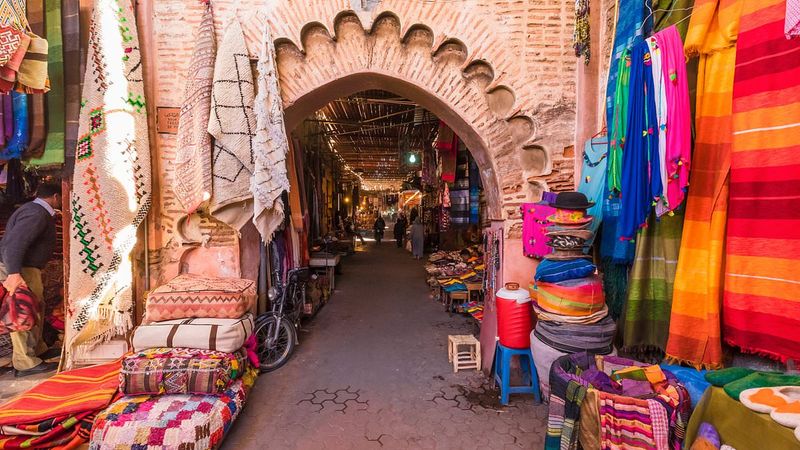
Casablanca’s merchants elevate sales pressure to an art form that quickly exhausts visitors. Walking through markets means running a gauntlet of hands pulling at sleeves and voices calling out increasingly desperate offers. Saying “no” is treated as the opening bid in a negotiation rather than a definitive answer.
The hassling continues beyond shopping areas. Self-appointed “guides” attach themselves without permission, leading unwitting tourists to commission-paying shops before demanding payment for unwanted services.
Women travelers face particularly aggressive attention from male vendors and locals. I couldn’t photograph architecture without someone inserting themselves into the frame, offering unnecessary help. Casablanca has fascinating cultural elements, but the relentless commercial pressure creates a barrier between tourists and authentic experiences, making it difficult to appreciate the city’s genuine charms.
10. Manila Gridlocked Days (Regret Visiting)
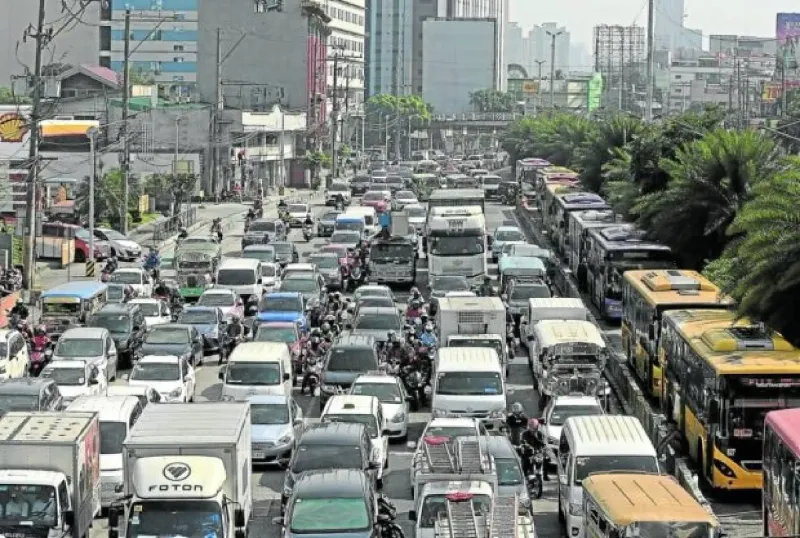
Manila’s traffic paralysis consumed my entire visit, turning what should have been a cultural exploration into a claustrophobic nightmare. Two-mile trips regularly took over two hours, with taxis stuck in fume-filled gridlock that seemed to have no pattern or cause.
The city’s infrastructure buckles under its population, with sidewalks often missing or occupied by makeshift homes. I frequently found myself walking in gutters or busy streets when pathways suddenly ended.
Extreme wealth disparity creates uncomfortable tourist experiences. Heavily guarded luxury malls stand beside desperate poverty, with armed security preventing the mingling of these worlds. Despite friendly locals, Manila’s fundamental transportation problems made experiencing the Philippines’ rich culture nearly impossible, leaving me with regret over choosing the capital as my entry point.
11. Zurich Emotionless Exchanges
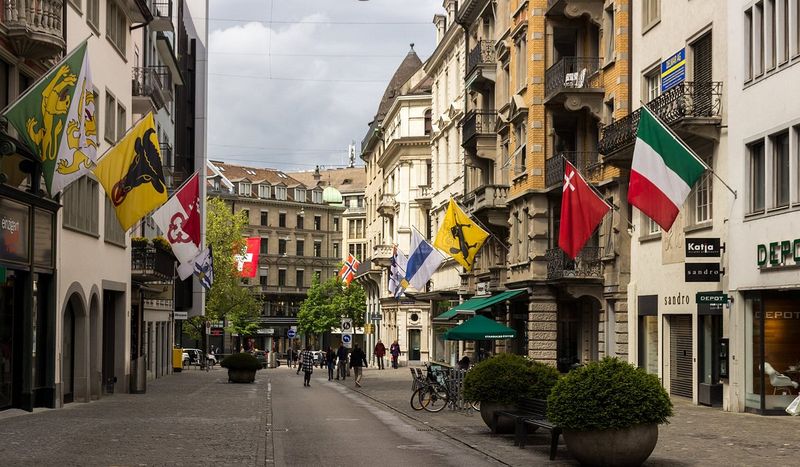
Zurich’s residents have perfected polite dismissiveness toward tourists. Service interactions follow strict protocols with minimal personal warmth. I asked a shop employee about local specialties and received factually correct information delivered with the enthusiasm of reading a tax form.
The Swiss precision extends to social interactions, where spontaneity seems unwelcome. Attempting friendly conversation with locals at cafés earned me confused looks, as if I’d violated an unspoken code.
Though impeccably clean and efficient, Zurich feels emotionally sterile to visitors seeking connection. Restaurants close surprisingly early, and nightlife areas maintain a controlled atmosphere that never quite reaches joyful. The city’s stunning lake and mountain views compete with an interpersonal coldness that leaves tourists appreciating Zurich’s beauty from a distance, never feeling truly welcomed into its social fabric.
12. Los Angeles Hard to Navigate
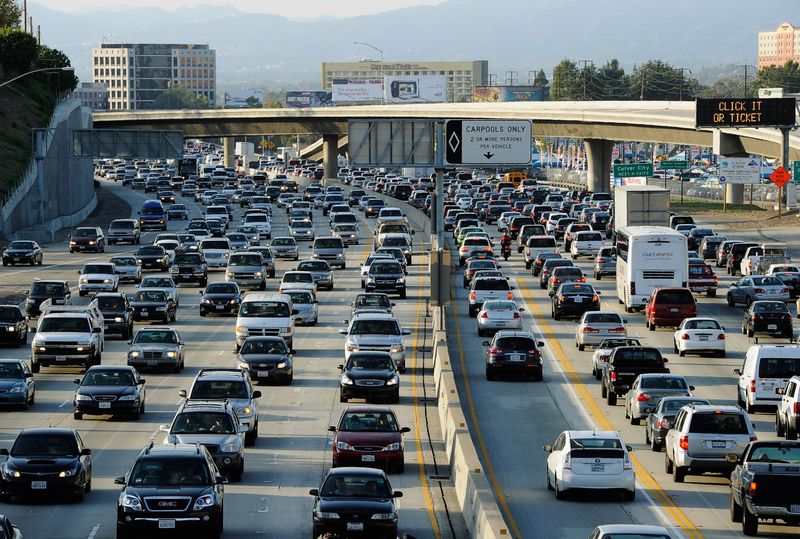
Los Angeles actively resists tourist exploration through its sprawling, disconnected design. Without a car, you’re essentially stranded, yet driving means confronting legendary traffic and parking nightmares. I spent more time navigating than experiencing attractions.
Public transportation exists technically but requires military-level planning. I waited 45 minutes for a bus that was supposed to arrive every 15, only to discover it wouldn’t get me anywhere near my destination.
The city’s famous sites are disappointingly distant from each other. Hollywood Boulevard’s grimy reality shocks visitors expecting glamour, while beaches require extensive travel from downtown areas. LA offers incredible cultural diversity and entertainment, but its fundamental hostility to pedestrians and fragmented geography creates a frustratingly disjointed experience that never quite delivers on its promised California dream.
13. Athens Rushed Service
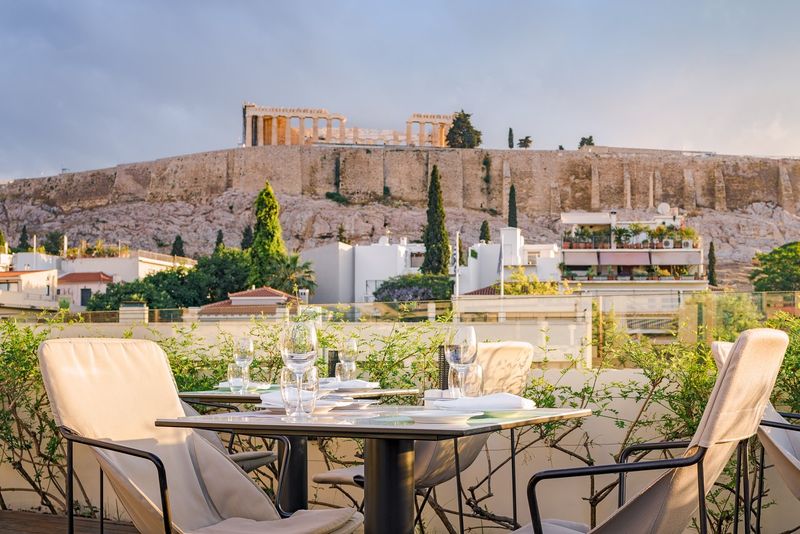
Athens operates at a pace that treats tourists as processing units rather than welcomed guests. Restaurant servers perfect the art of rushing diners, sometimes placing the bill on tables before dessert arrives. I once had my half-full coffee cup removed without asking if I was finished.
Historical sites suffer from assembly-line tourism management. Guards hurry visitors through ancient wonders, whistling and waving when anyone pauses too long for photos or contemplation.
The city’s relationship with its millions of annual visitors has developed a transactional quality that undermines genuine hospitality. While Athenians can be wonderfully friendly in non-tourist areas, the main attractions operate with factory-like efficiency. The Acropolis remains breathtaking despite the rushed experience, but visitors leave feeling processed rather than welcomed, with little opportunity to forge meaningful connections with this historic city.
14. São Paulo Safety Concerns (Regret Visiting)
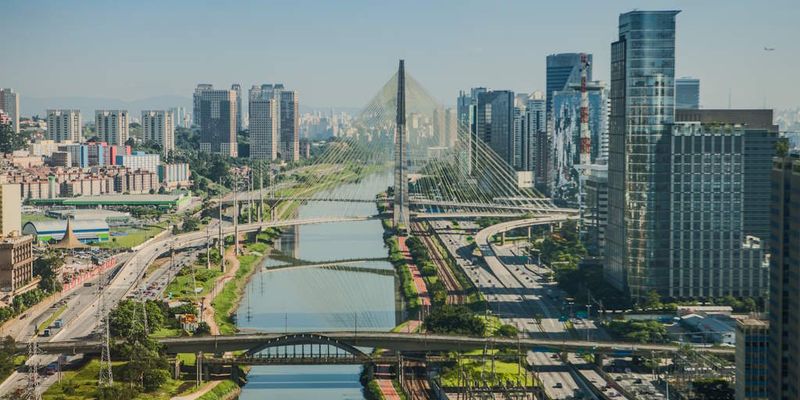
São Paulo’s security situation transformed my visit into a constant exercise in hypervigilance. Locals warned me to remove jewelry, hide my phone, and avoid using maps in public – essentially concealing any sign of being a tourist. Hotel staff marked entire sections of city maps with red X’s, indicating no-go zones.
Walking anywhere after dark became unthinkable. I witnessed a phone snatching in broad daylight, with bystanders barely reacting, suggesting the normalization of such incidents.
The psychological toll of constant threat awareness prevented me from appreciating São Paulo’s rich culture and renowned cuisine. While Brazil offers incredible experiences, the perpetual anxiety in its largest city made meaningful exploration impossible. I cut my visit short, regretting that safety concerns overshadowed what should have been an exciting cultural immersion.
15. Brussels Lacking Warmth
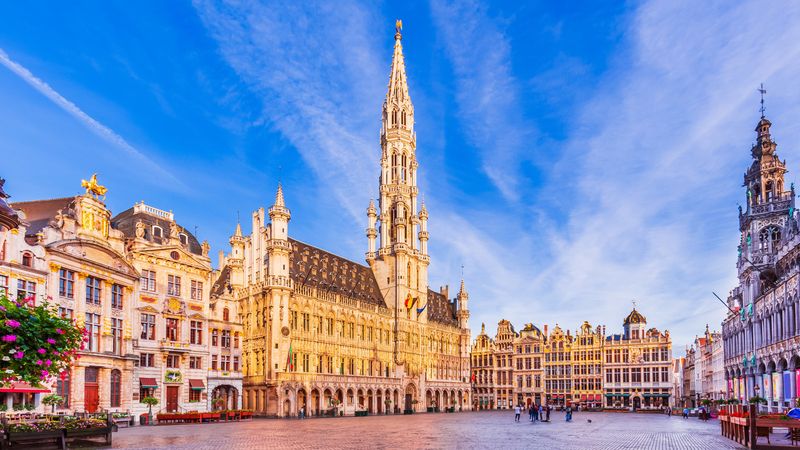
Brussels presents a puzzling contradiction – a city at Europe’s political heart that seems ambivalent about visitors. Administrative efficiency replaces genuine hospitality in most tourist interactions. I asked a museum attendant about the significance of an exhibit and received a pointing gesture toward a distant information panel.
The city’s bilingual nature creates unexpected barriers. Addressing locals in the wrong language (French versus Flemish) can trigger visible annoyance rather than appreciation for the attempt.
Brussels maintains a businesslike atmosphere even in leisure spaces. Cafés serve world-class beer with minimal engagement, treating service as transaction rather than experience. While architecturally stunning with its Grand Place and Art Nouveau treasures, Brussels holds visitors at arm’s length emotionally, creating admiration for its beauty without fostering connection to its character.
16. Marseille Too Intense
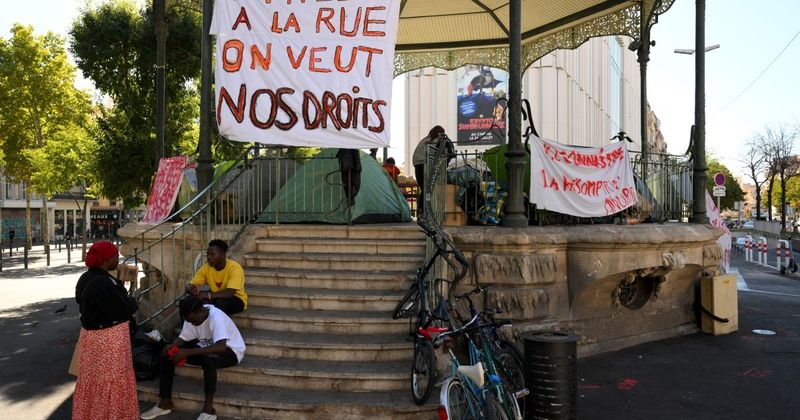
Marseille hits visitors with unfiltered Mediterranean intensity that can overwhelm the unprepared. The city’s gritty authenticity means encounters with poverty, occasional aggression, and urban decay alongside its beautiful coastal views. Walking through certain neighborhoods draws unwanted attention that quickly becomes uncomfortable.
Local markets operate at a chaotic pitch that borders on hostile for outsiders. Vendors bark at potential customers and seem annoyed rather than pleased by purchase interest.
The city’s passionate character extends to interpersonal interactions, where volume and gesticulation replace the restrained politeness tourists might expect. I witnessed multiple heated public arguments that seemed alarmingly close to physical confrontation. While Marseille offers incredible seafood and cultural diversity, its unvarnished intensity creates an edgy experience that many tourists find more stressful than charming.
17. Ho Chi Minh Hustle (Regret Visiting)
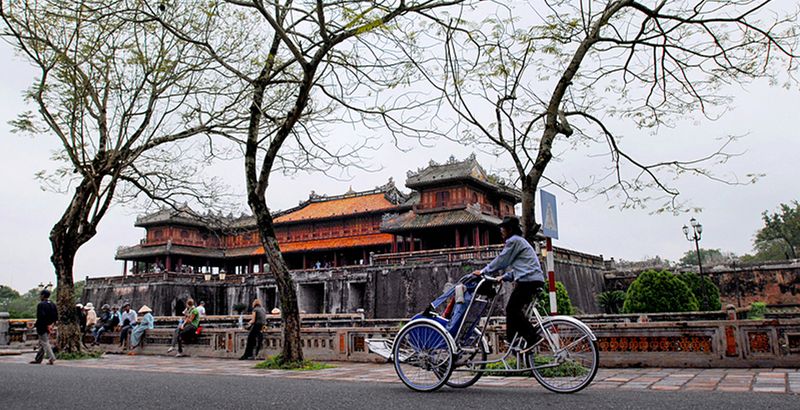
Ho Chi Minh City operates on a relentless hustle that targets tourists with exhausting precision. Taxi scams reached impressive creativity – drivers circling blocks, rigged meters accelerating at impossible speeds, and elaborate detours quadrupling fares. I paid three different prices for the same short journey on consecutive days.
Street vendors employ psychological tactics that make refusal increasingly difficult. A simple “no” triggers escalating pressure, from friendly insistence to guilt-inducing stories about family hardship.
The constant negotiation requirement for every transaction creates decision fatigue. Even simple purchases become complex calculations of fair value versus tourist markup. While Vietnam offers incredible experiences, Ho Chi Minh’s commercial aggression toward foreigners created such persistent tension that I couldn’t appreciate the city’s genuine cultural offerings. I left early, mentally exhausted by the non-stop commercial battleground.
